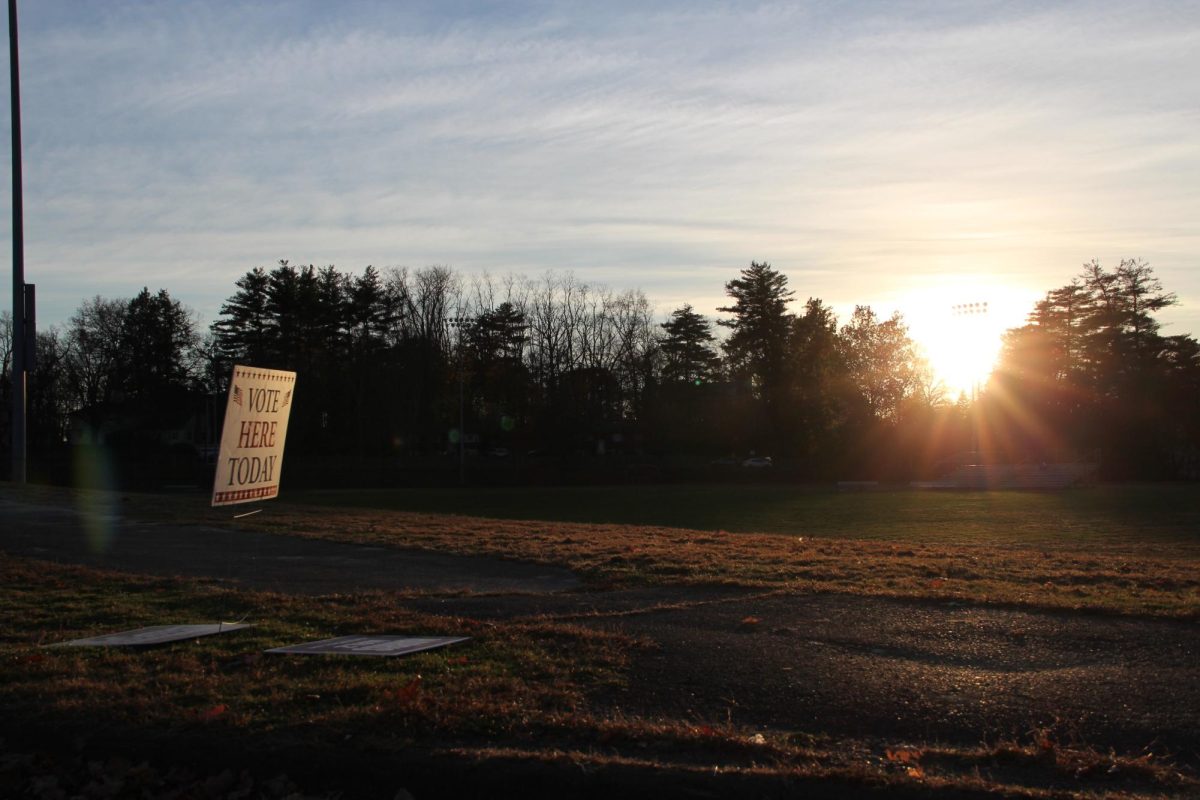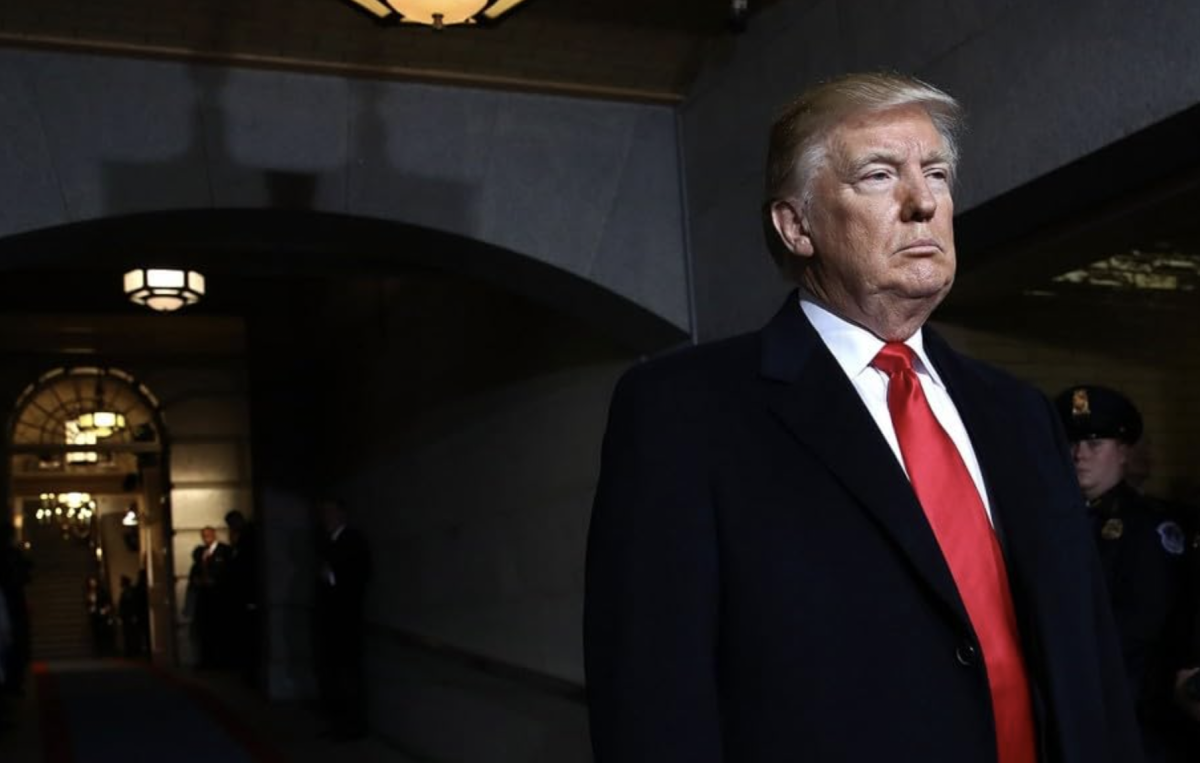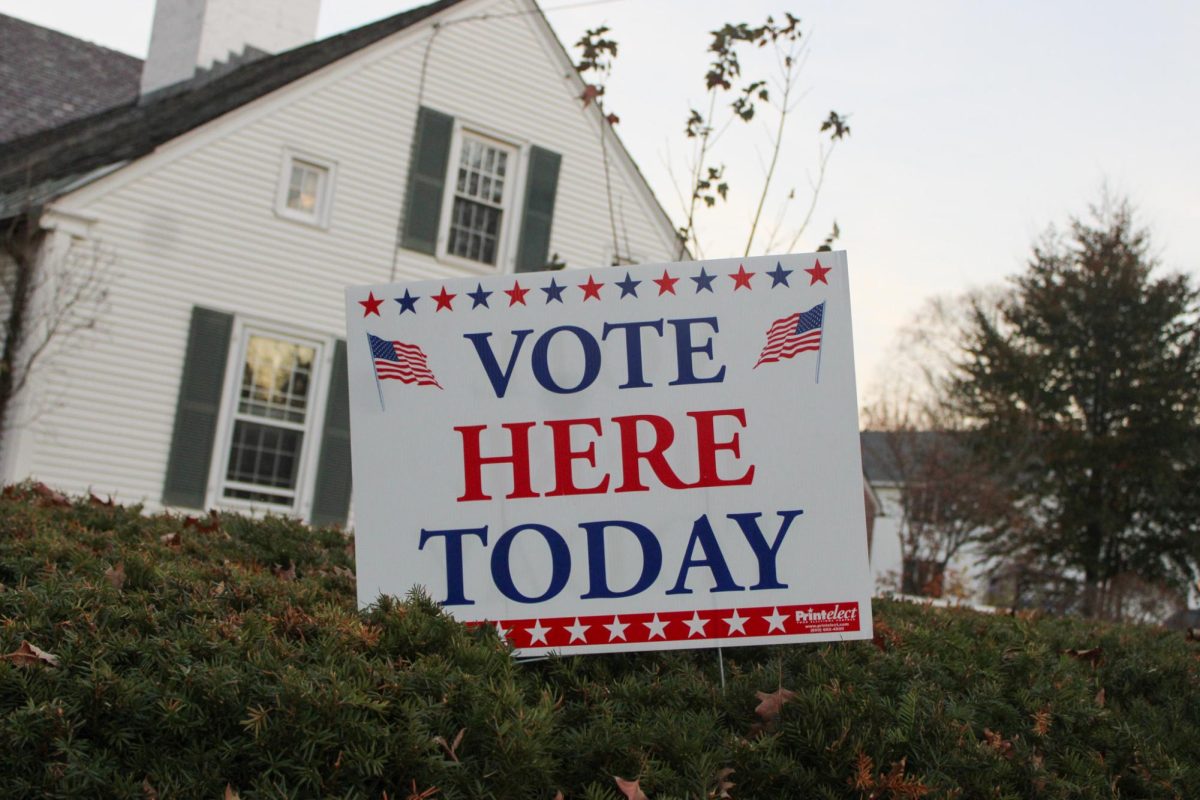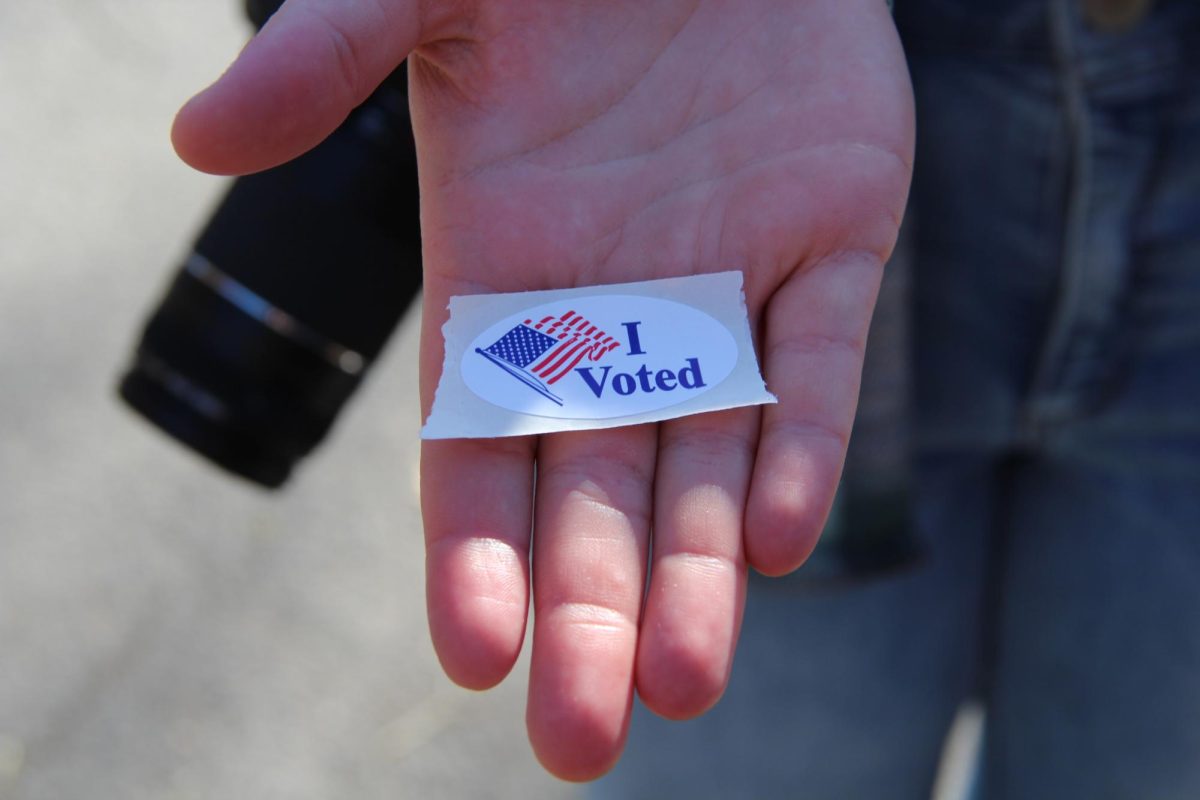
For Jeromie Whalen, grassroots politics is a high-tech business.
The University of Massachusetts alumnus, along with fellow graduate Scott Bloomberg, is one of the founders of TestPAC – a political action committee (PAC) assembled by members of the social news website Reddit and dedicated to issues of Internet freedom and civil liberties.
The group, which has to date raised approximately $3,800, is hosting a vote on its website to determine its first campaign, and it is likely to target U.S. Rep. Lamar Smith’s (R – Texas) seat in the House of Representatives. Smith is the author of the Stop Online Piracy Act (SOPA), which was met with protest and blackouts from sites like Reddit as well as Wikipedia, which criticized the bill as a means of censoring the Internet.
SOPA would have empowered the government to block access to foreign-hosted websites which hosted or linked to unauthorized copyrighted material. The bill would have also introduced potential prison sentences for Internet users convicted of downloading or streaming copyrighted media.
PACs, the legal entities regulated by the Federal Election Commission (FEC) that can collect and distribute funds to political campaigns and candidates, have been used by interest groups, unions, corporations and candidates to spread political messages and purchase political advertisements since the 1974 creation of the FEC in the wake of the Watergate scandal.
Limits on the amounts that individuals, unions and corporations can donate to PACs were abolished in the 2010 Supreme Court decision Citizens United v. Federal Election Commission. TestPAC has set itself a populist mandate, deciding its campaigns through the discussions and votes of Reddit users.
TestPAC is a volunteer-run operation. It filed with the Federal Election Commission approximately three weeks ago and has collected $3,000 from small individual donations with $800 coming from Whalen and Bloomberg’s previous PAC.
Reddit, a news aggregation service and discussion platform where stories are promoted based on the votes of users, was the base of discussion and planning for TestPAC. Users can create discussion forums called “subreddits,” which can range from the million-plus subscribers of the site’s politics forum to tiny communities dedicated to specific issues, interests or locations. During the debate over SOPA, Whalen and other Reddit users formed a group to discuss the creation of a Reddit-based, community-run PAC.
Whalen, 24, who graduated from UMass in 2010 with a degree in history, a concentration in American studies and a film certificate, is the chairman of the new PAC. Along with Lead Advisor Bloomberg, Treasurer Andy Posterick, Communications Advisor Amanda Willard and Media Production Advisor Eddie Belaval, Whalen is responsible for turning the donations and political will of the Reddit community into media buys, campaign contributions and the other hallmarks of American political spending.
TestPAC, though, was not the first venture into politics for Whalen and Bloomberg.
Whalen wrote editorial columns for the Massachusetts Daily Collegian during the 2008 campaign. He recalls watching the election returns with Bloomberg at UMass and marking a map of America with red and blue markers as the results came in.
A year and a half ago, the two started another PAC named PACMEN: “People Against the Corporate Manipulation of Elections and News.” That PAC, which Whalen described as “about as mom-and-pop as you can get,” was recently folded into TestPAC.
“We’re very political individuals, so instead of just sitting there and yapping on Facebook all day, we decided, you know, what can we do? How can we make an impact?” said Whalen in an interview. “It’s surprisingly easy [to create a PAC]. It’s a few papers establishing a bank account and a tax I.D. number. The most essential part of this is reporting donations. There’s a big emphasis on that part because disclosure is needed for PACs.”
UMass political science professor and campaign finance researcher Ray La Raja addressed the challenges facing a start-up PAC like TestPAC.
“This is a real test of whether the Internet can bring a lot of Americans together over issues they care about and pool their money … it’s not going to be easy,” he said. “It’s traditionally a hard task to raise money for your PAC.”
La Raja noted that unlike professional associations or unions, which can charge dues, or corporations, which can use existing profits, TestPAC must convince individuals that it is worth their money to contribute.
But the Internet-based and social nature of TestPAC can provide some advantages, according to La Raja. Using the Internet, he said, “lowers the cost of organizing” and can, by involving users in the discussion, allow them to feel the direct effects of their contribution and experience a sense of ownership of the organization.
For Whalen, the influx of political money as a result of the Citizens United v. Federal Election Commission decision and caused by so-called “SuperPACs” – which have spent over $45 million so far in the 2012 election cycle, according to campaign spending watchdog Open Secrets – is a threat to democracy that needs to be addressed.
“It’s crazy,” said Whalen. “I like to use the analogy: You have a room of people. And this room constitutes America. If you have individuals in that room, they represent different opinions on issues, right? No matter what happens, if there’s a group of individuals in this room, they can band together and they can voice their concerns.
“What we have now – what we have had for the past two years – you have these groups assembling, just like you did before, but now you have one individual who has a megaphone, and he can buy that megaphone, and he can make his voice louder because of the megaphone. It’s an unfair practice,” he continued. “Citizens United fundamentally changed the way that politics operate in America in regard to voicing concerns and having the voice of the people heard.”
La Raja and his colleague Brian Schaffner recently submitted a paper for peer review on the possible effects of “SuperPACS,” which examined states which already allow unlimited donations in state elections. They found that such donations do not have a significant impact on incumbency rates, Republican victories or corporate tax rates.
La Raja, however, still expressed doubts about how healthy “SuperPACs” are for American politics.
“A [financial] arms race can develop,” he said. “That’s probably not good for politics …my personal feeling is that [high levels of spending] keep the status quo.” La Raja added that politicians may sometimes kill bills which threaten the interests of their financial supporters.
“Money is important in politics – you need it to get elected. But it’s not as important as people think it is,” he continued. “If it’s hurting anyone, it’s third parties. … Who wants to give to them, because they’re not going to win.”
Whalen also had criticism for would-be activists who fail to fully study the issues.
“There needs to be knowledge. With any movement, you need to be informed. … If you can’t do that, you probably need to shut up. You probably need to take a back seat and learn how your government works,” he said.
“There’s a difference between criticism and complaint,” he added. “There’s a difference between participating in fundamental change and yelling.”
Whalen also noted that he decided to act within the system with the goal of changing it.
“By signing and registering with the FEC, we’re able to participate legally, which is big,” he said. “What we’re trying to do is use the system to fight that system. It’s using those laws that are in place to say ‘Hey, we’ll play by the rules, but we’re going to try to change these rules.’”
“Hopefully, what I would love to see is the day that TestPAC is not needed anymore,” Whalen added. “I’d love to see the day when we can disband and say ‘OK, we can do this as individuals rallying together.’”
Dan Glaun can be reached at [email protected].


















